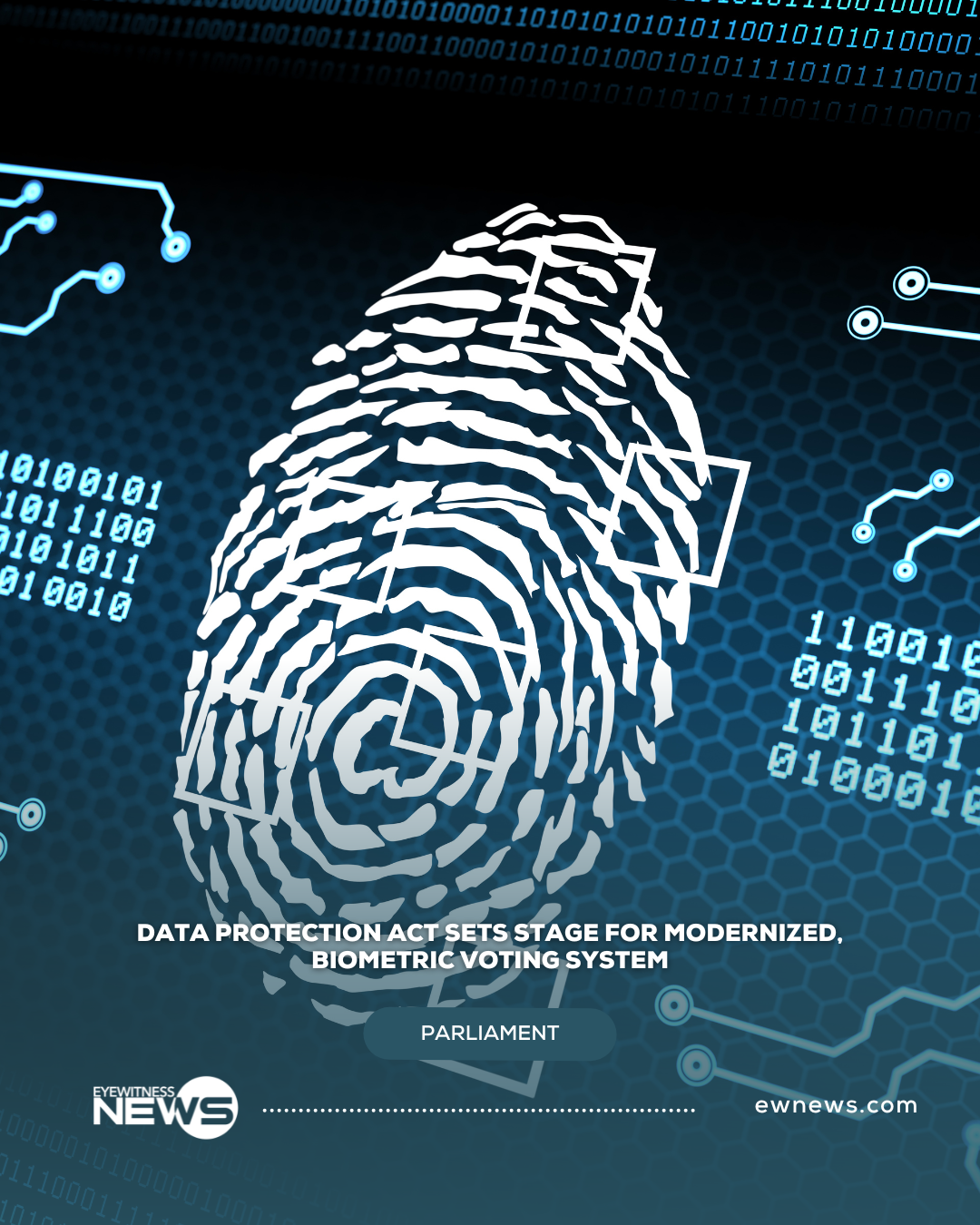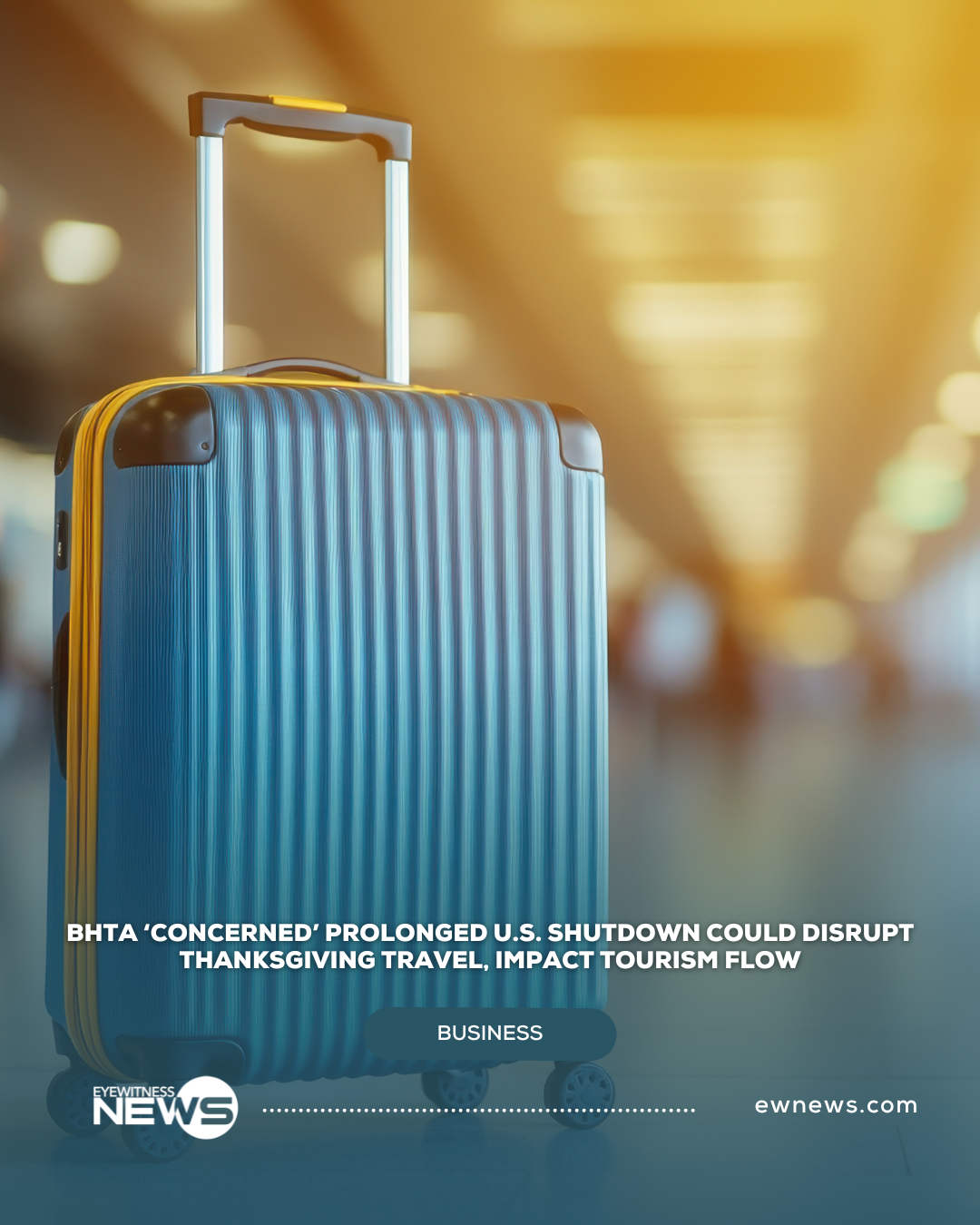NASSAU, BAHAMAS- Liquor businesses in the country will now face an additional layer of scrutiny and regulation under changes to the Business License Act that took effect July 1, 2025, a senior Department of Inland Revenue (DIR) official has confirmed.
Acting Controller of Inland Revenue Shunda Strachan while speaking at a press conference hosted by the Office of the Prime Minister (OPM) on Thursday said the new requirements introduce a mandatory registration process for all entities involved in the sale of alcohol—whether retail or wholesale before they can apply for or renew a business license.
“You now need to go through two steps before you’re allowed to operate,” Strachan explained. “Even if you already have a business license, you must apply for registration or for the renewal of your registration. They are two distinct processes.”
The changes stem from the addition of Section 9A and a new Fifth Schedule to the Business License Act. These provisions establish the need for a certificate of registration for liquor-related businesses—ranging from liquor stores and bars to restaurants and wholesalers—prior to obtaining a business license.
Registration is now a prerequisite, with new applicants required to file their registration at least 90 days in advance. “So if someone is planning to open a liquor store in November, they need to begin that registration process in August,” Strachan said.
Inland Revenue is also now required to notify the public and undertake consultations as part of the review process for new applications. Inland Revenue is required to give two weeks’ public notice and assess the suitability of proposed locations, including proximity to schools or churches. The
“And not only do we have to notify the public, but we do have to get consultation,” Strachan noted. “So the Fifth Schedule requires that if you are applying for a new liquor license, you have to apply for registration 90 days prior. And then the department has to do some things—including checking the applicant’s character and ensuring they’re not setting up next to a school or church. These were previously responsibilities under the Business License Act handled by agencies like Physical Planning, but now DIR has its own set of criteria to carry out.”
Those criteria include the concentration of liquor establishments in a given area, proximity to schools and places of worship, and a new measure called the suitability of the premises. Strachan said that growing concerns about emerging business models—such as walk-up liquor service windows that became more common during the COVID-19 pandemic—are also prompting closer scrutiny.
“There are some new types of businesses where people line up outside and get served liquor through a window. We’re going to be very watchful of that,” she said. “There may be new restrictions for those types of operations.”
Strachan added that complaints from residents about noise pollution and neighborhood disturbances near liquor establishments are being taken into account.
“I call it noise pollution—where the music’s playing all night and you’re infringing on a community,” she said. “These are the kinds of issues Inland Revenue will now have to take into account before granting a certificate of registration.”
The registration fee is set at $100 for liquor stores and $50 for other liquor-selling establishments, such as bars and restaurants. Strachan emphasized that no business license—new or renewal—will be issued to a liquor business without proof of registration.
Under Section 25, the Comptroller of Inland Revenue now has expanded authority to suspend, amend, or cancel registrations if businesses are non-compliant or violate public standards. However, applicants will retain the right to object to DIR decisions through a formal appeal process.
“This is going to be a major initiative, not only for the Department of Inland Revenue but for the business community and the public,” Strachan said. “Everyone needs to be aware of this new step, which now comes before you apply for a business license.”
At the end of her remarks, Strachan also highlighted a forthcoming government digital transformation initiative called One Tax Bahamas, expected to roll out later this year.
“One Tax Bahamas will bring simplicity, ease, and a client-first focus to the taxpaying experience,” she said, adding that the DIR has been listening to public frustrations with delays, system complexity, and poor user experience. “You’re going to hear more about it around September… We want to stop saying ‘taxpayer’ and start saying ‘client.’ This is all about better service.”


















